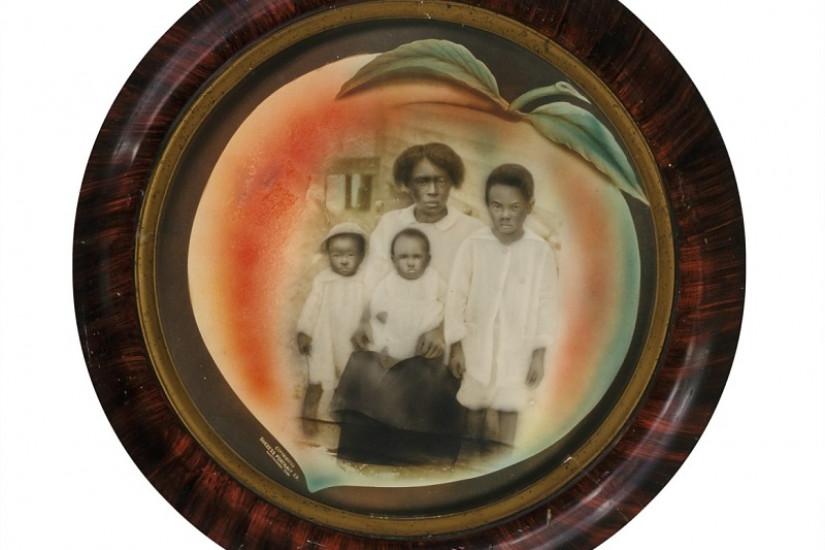The public declarations of African American women and their children contributed to an antebellum discourse on enslaved motherhood within abolitionist literature and free Black women’s writings and activism. From its inception as a forum for Black abolitionists, the Christian Recorder sought to empower African American women as embodiments of a Christian, moral motherhood in the upbringing of their children. The Christian Recorder was the official newspaper of the African Methodist Episcopal Church in Philadelphia and was influenced by religious rhetoric that merged Christianity with the Black experience. The newspaper was written primarily for an African American readership, and its discourse on Black motherhood reflected the aims of its northern, free African American audience.
In the Christian Recorder and other African American newspapers, Black women were advised to perform duties of true womanhood, wherein they were responsible for household chores, the education of their children, and maintaining high moral standing as part of a racial uplift ideology. These expectations were in conflict with the living conditions of the North, however, where Black women frequently worked as servants, were perceived as sexually promiscuous, and had limited resources for their children. Free Black women did not have the same access to “respectable” motherhood as white women. They therefore imagined a space to embody ideas of powerful, autonomous mothers. The pages of the Christian Recorder became a site to produce and circulate constructions of Black motherhood that in one sense reinforced gendered notions of domesticity, and in another reaffirmed forms of Black women’s—and by association, children’s—subjectivity.
Throughout the publication of the Christian Recorder, articles with titles such as “Advice to Mothers,” “A Mother’s Love,” and “My Mother Knows Best” centralized the role of Black motherhood. These articles characterized Black mothers as powerful actors with the ability to instill not only religious morals but also social lessons that resonated with the northern free Black readership.
Published on the eve of the Civil War in February 1861, “To Mothers,” authored anonymously, represented the significance of Black motherhood in the North. The didactic piece featured twenty steps African American women ought to enact in order to embody proper motherhood. Many of these steps reflected the northern Black community’s ideas about religion, education, motherhood, and childhood. The article begins with commentary on women’s role in children’s education, stating, “The first book read and the last book laid aside by every child is the conduct of its mother.”
